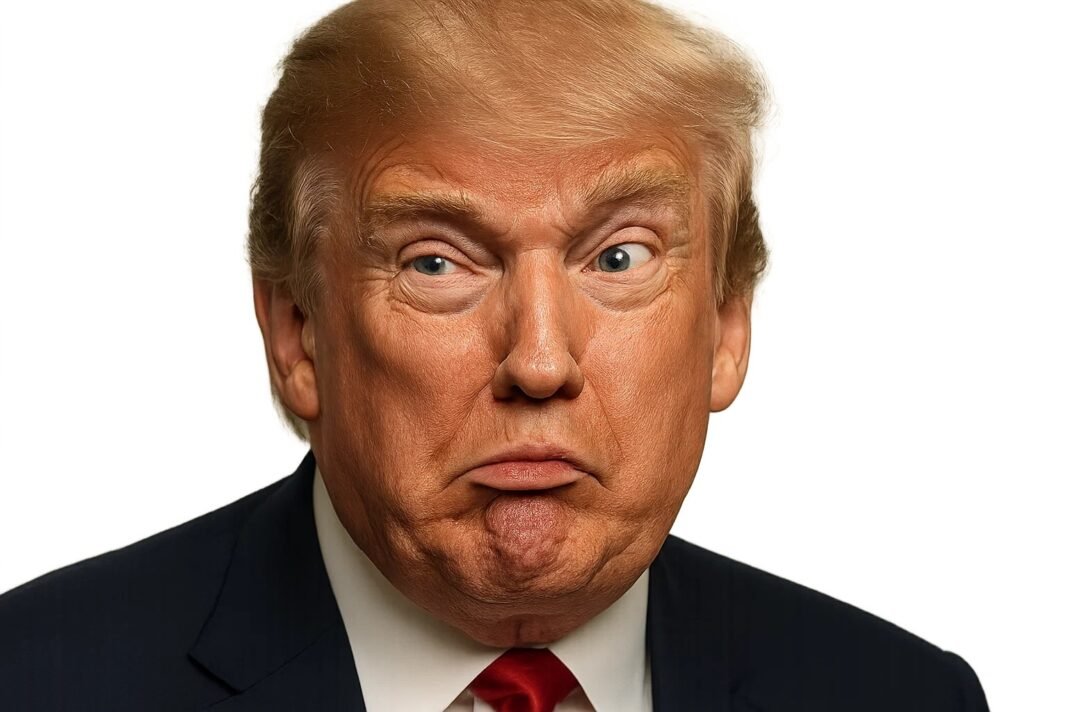Trump’s Frustration with India’s Foreign Policy Moves
Former Indian diplomat Vikas Swarup has shed light on the recent tensions between New Delhi and Washington, attributing US President Donald Trump’s tariffs on India to both political and strategic disagreements. Swarup said that Trump is displeased with India for two primary reasons — its active role in BRICS and its refusal to acknowledge Trump’s claimed mediation between India and Pakistan following the military standoff in May.
Swarup explained that Trump perceives BRICS as an anti-American bloc aiming to establish an alternative to the US dollar. The US leader reportedly believes India should distance itself from such alliances. In addition, Trump is said to be upset that New Delhi denied his alleged role in brokering peace after the conflict, while Pakistan not only acknowledged his involvement but even nominated him for a Nobel Peace Prize.
Operation Sindoor and the Mediation Dispute
The tensions trace back to Operation Sindoor, launched by India in May as a response to the Pahalgam terror attack, targeting terror infrastructure in Pakistan and Pakistan-occupied Kashmir. Pakistan later sought a ceasefire, but India maintained that negotiations were strictly bilateral and excluded any external mediation. This contradicted Trump’s repeated public claims that he prevented a nuclear escalation in the subcontinent.
Swarup noted that Trump has mentioned his supposed role “nearly 30 times,” framing himself as a global peacemaker. The ex-diplomat argued that the US leader’s frustration stems from a personal desire to surpass Barack Obama, the only American president to have received the Nobel Peace Prize, by securing one for himself — possibly through ending the Russia-Ukraine war.
Trade Pressures and the ‘Tariff King’ Debate
Another major friction point, according to Swarup, is Washington’s push for India to open its agriculture and dairy sectors to US imports, including genetically modified crops. India has resisted these demands, prompting Trump to impose steep tariffs. Initially set at 25%, the tariffs later doubled to 50%, with additional penalties linked to India’s imports of Russian oil.
Interestingly, Swarup pointed out that while the US once branded India as the “Tariff King,” America’s average tariff rate now exceeds India’s — 18.4% compared to India’s 15.98%. He warned that such measures could drive up inflation in the US, with American consumers ultimately bearing the cost.
Why the US Is Leaning Toward Pakistan
Swarup dismissed claims that India’s foreign policy is responsible for Washington’s warmer approach toward Islamabad. Instead, he said Pakistan has strategically lobbied for influence in the US, securing multiple visits by its army chief Asim Munir and entering into deals involving alleged “oil reserves” and cryptocurrency ventures.
Notably, Pakistan is trying to establish itself as a regional cryptocurrency hub, with backing from entities linked to Trump’s business associates. This, Swarup suggested, has softened the US stance toward Pakistan for now. However, he called the relationship “short-term and transactional,” motivated by financial interests, while US-India ties remain long-term and strategic.
Indus Waters Treaty and Pakistan’s Nuclear Rhetoric
Swarup also touched on the heightened rhetoric from Islamabad following India’s suspension of the Indus Waters Treaty in the aftermath of the Pahalgam attack. Pakistan, heavily reliant on the treaty’s water resources, has issued threats of targeting Indian dams, framing such actions as a nuclear escalation risk.
He argued that this nuclear brinkmanship is a deliberate attempt by Pakistan to attract international mediation — a tactic India has consistently rejected.
Strategic Autonomy: India’s Non-Negotiable Stance
The former diplomat stressed that India’s refusal to yield in trade talks is rooted in its long-standing commitment to strategic autonomy, a principle central to its foreign policy since the 1950s. “India is too large and too proud to be a camp follower,” Swarup said, warning that giving in to pressure would only embolden further demands.
Describing the current strain as a “storm, not a rupture,” Swarup predicted that US-India relations would weather this phase, given their strategic importance to both nations.








